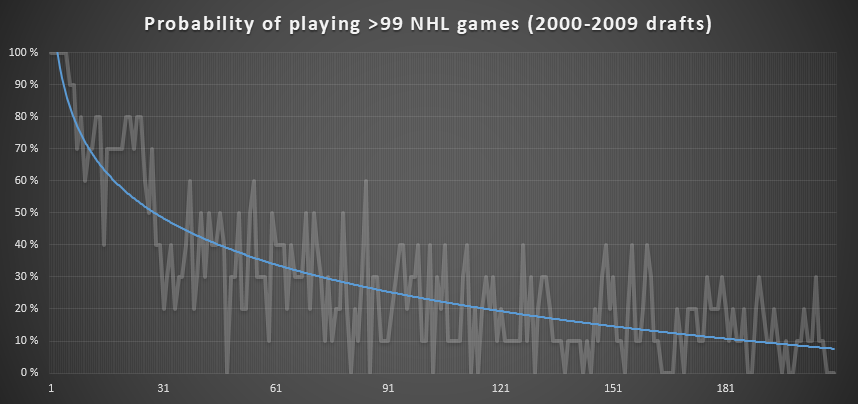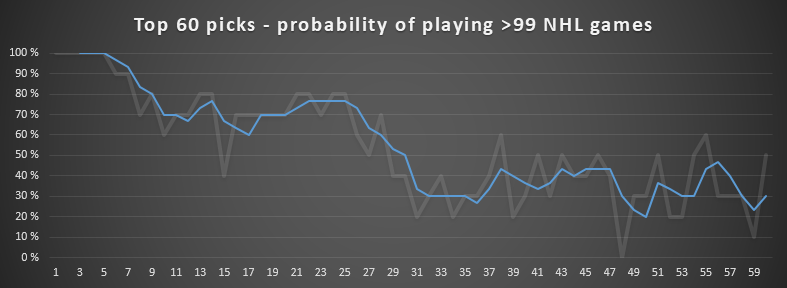When did the 'scorched earth' approach to selling off almost all assets except rookies/prospects come about?
This is a terrible way to run a franchise and end up causing more long-term damage to a franchise that can last decades. Teams would be much more successful if they chose to sell/trade expiring contracts for futures while keeping cores in tact. This would help insulate younger players, keep your team 'competitive', while still ensuring you get a high draft pick with upside. Not to mention having higher tickets sakes and remaining an attractive option for your RFAs/FAs.
These types of players can take 2-3 years to recoup via drafting if you are lucky. While younger players are making a more immediate impact, drafting on the whole seems to remain a crapshoot.
Do you think the pro's outweigh the con's? Any examples of this working out?
This is a terrible way to run a franchise and end up causing more long-term damage to a franchise that can last decades. Teams would be much more successful if they chose to sell/trade expiring contracts for futures while keeping cores in tact. This would help insulate younger players, keep your team 'competitive', while still ensuring you get a high draft pick with upside. Not to mention having higher tickets sakes and remaining an attractive option for your RFAs/FAs.
These types of players can take 2-3 years to recoup via drafting if you are lucky. While younger players are making a more immediate impact, drafting on the whole seems to remain a crapshoot.
Do you think the pro's outweigh the con's? Any examples of this working out?



